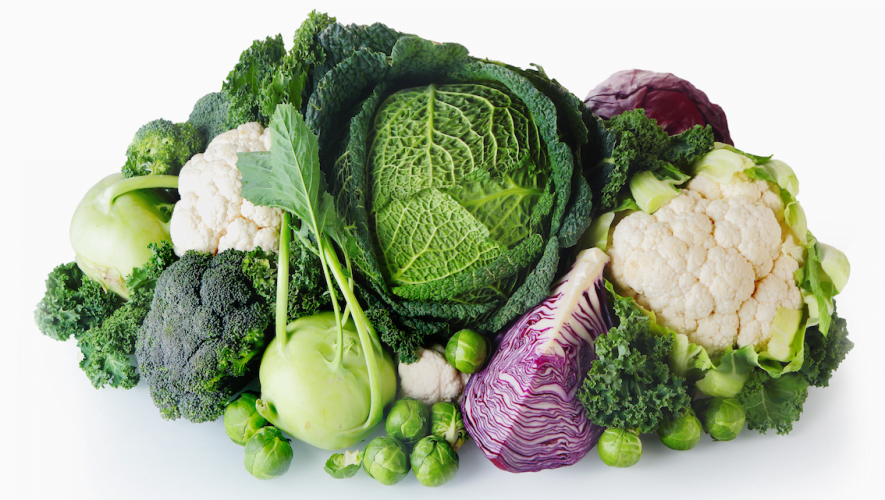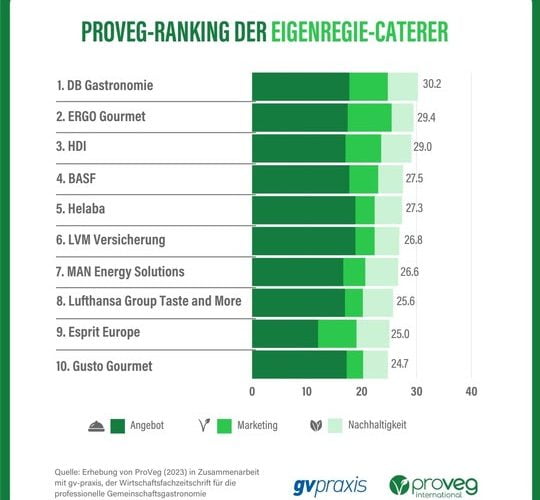Commercial production will start in 2023
Expanding on its portfolio of innovative nutritional products through biotechnology, Conagen, announced the development of its 99% high-purity sulforaphane. Made by a proprietary bioconversion technology, the company plans to begin the commercialization path in 2023. Conagen’s bioconversion methods enable the production of sustainable products from many naturally occurring compounds regardless of rarity or small quantities occurring in nature.
“As a supplement product, Conagen’s high-purity sulforaphane is appealing to consumers as the levels found in raw vegetables are too low to realize many of its promising health benefits,” said Casey Lippmeier, Ph.D., senior vice president of innovation. “We’re looking forward to expanding the nutritional market by commercializing sulforaphane in 2023.”
Sulforaphane has been associated with supporting health benefits against cancer, diabetes, digestion, and heart disease and promoting cognition. With biotechnology and biomanufacturing advancements, much like Conagen’s bioconversion technology, more nutritional offerings are produced at high-quality and at a global scale.


